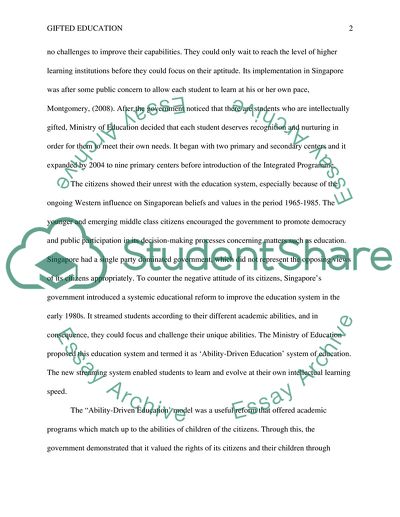Cite this document
(“A Comparison of Gifted Education in UK and Singapore Essay”, n.d.)
A Comparison of Gifted Education in UK and Singapore Essay. Retrieved from https://studentshare.org/education/1700019-a-comparison-of-gifted-education-in-uk-and-singapore
A Comparison of Gifted Education in UK and Singapore Essay. Retrieved from https://studentshare.org/education/1700019-a-comparison-of-gifted-education-in-uk-and-singapore
(A Comparison of Gifted Education in UK and Singapore Essay)
A Comparison of Gifted Education in UK and Singapore Essay. https://studentshare.org/education/1700019-a-comparison-of-gifted-education-in-uk-and-singapore.
A Comparison of Gifted Education in UK and Singapore Essay. https://studentshare.org/education/1700019-a-comparison-of-gifted-education-in-uk-and-singapore.
“A Comparison of Gifted Education in UK and Singapore Essay”, n.d. https://studentshare.org/education/1700019-a-comparison-of-gifted-education-in-uk-and-singapore.


